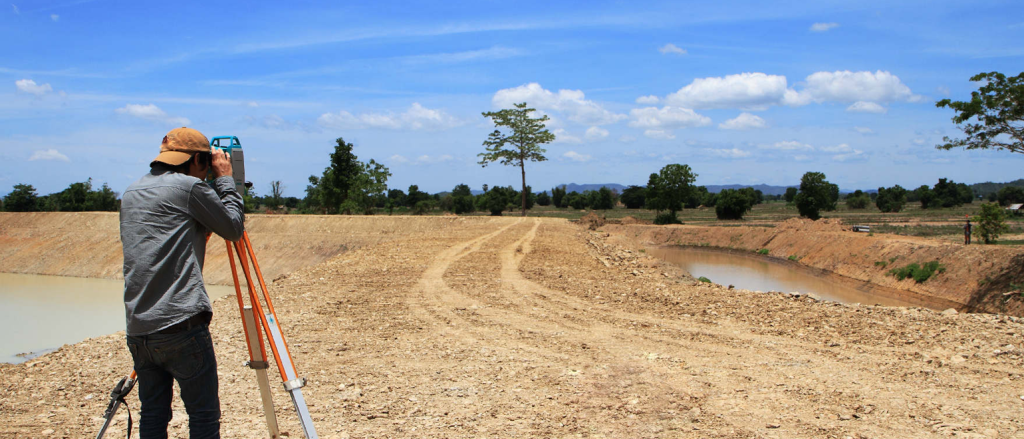
What Is a Property Survey? It is the answer to these uncertainties. It defines your land’s exact boundaries, helps prevent costly disputes, and ensures compliance with zoning laws Whether you’re a homeowner, buyer, or investor, understanding what a property survey is—and why it’s crucial—can save you time, money, and potential legal headaches. Let’s dive into the details.
Why Are Property Surveys Important?

- Clarifying Property Lines – Over time, property lines can become unclear due to aging fences, landscaping changes, or outdated deeds. A property survey precisely defines the legal boundaries, preventing disputes and ensuring you make full use of your land.
- Resolving Disputes – Boundary disagreements with neighbors can escalate quickly. A current property survey serves as an official record, avoiding costly legal battles and fostering amicable neighbor relations.
- Compliance With Zoning Laws – If you’re planning a construction project, a survey ensures you adhere to zoning regulations, avoiding potential fines or project delays.
- Protecting Your Investment – Owning property is a significant financial commitment. A survey verifies the size and location of your land, ensuring you receive what you paid for and safeguarding your rights as a property owner.
Types of Property Surveys
Boundary Survey
Mortgage Survey
As-Built Survey
New Construction Survey
Topographical Survey
ALTA/NSPS Land Title Survey
Subdivision Survey
Floodplain Survey
How Much Does a Property Survey Cost?
- Boundary Survey: $300 – $1,000
- Mortgage Survey: $450 – $600
- As-Built Survey: $750 – $1,400
- New Construction Survey: $1,500 – $3,000
- Topographical Survey: $400 – $1,500
- ALTA/NSPS Land Title Survey: $1,200 – $4,000+
How To Obtain a Property Survey

- Hire a Licensed Land Surveyor – The most reliable method is to hire a professional surveyor to conduct an up-to-date survey.
- Check Local Government Offices – Some municipalities or tax assessor offices may have existing surveys on file.
- Consult Your Title Company – If you’re involved in a property transaction, the title company may have a previous survey available.
- Ask the Previous Owner – If buying a home, the seller may have a recent survey document.
- Review Your Property Deed – Legal descriptions may reference an existing survey, though the full document may not be included.
- Use Online Resources – Some platforms provide accessible mapping tools to help with boundary data and property information.
Secure Your Investment With LandLeader
Understanding property boundaries and legal compliance is essential for property owners, buyers, and investors. LandLeader provides expert guidance and comprehensive tools to help you navigate the complexities of property ownership. Whether you’re buying, selling, or planning renovations, a property survey ensures clarity, legal compliance, and peace of mind.
For more real estate insights and expert advice, visit LandLeader.